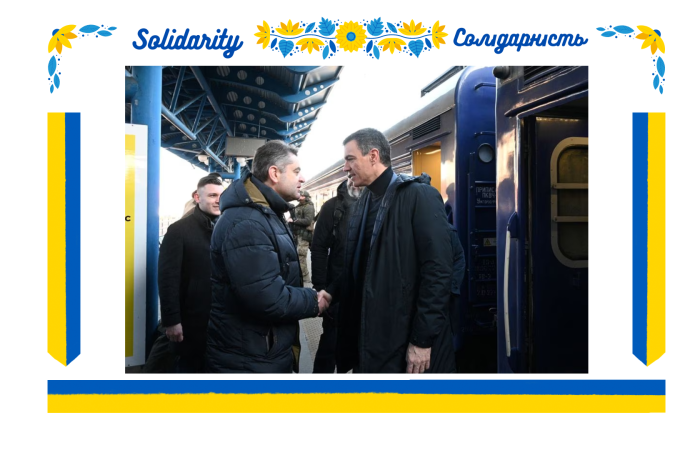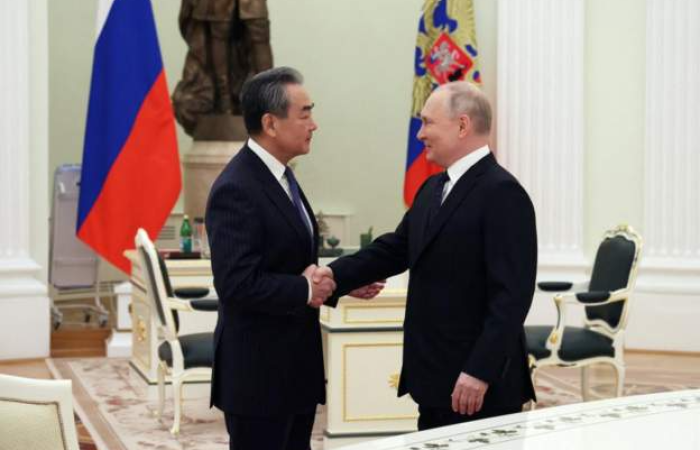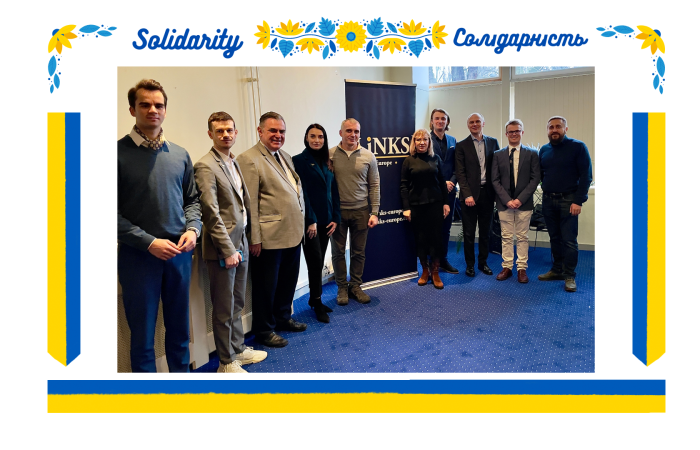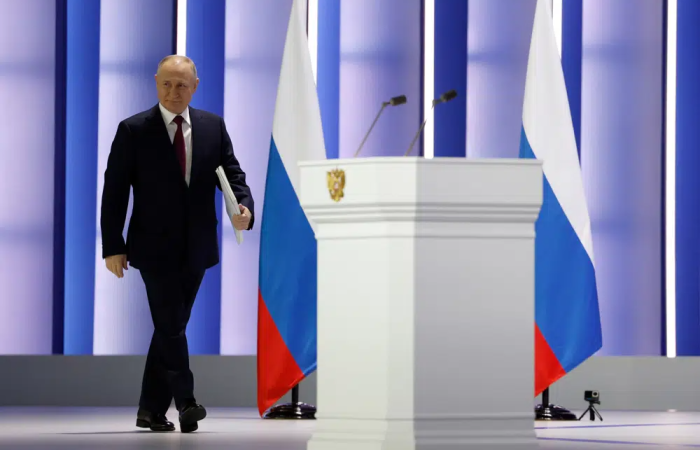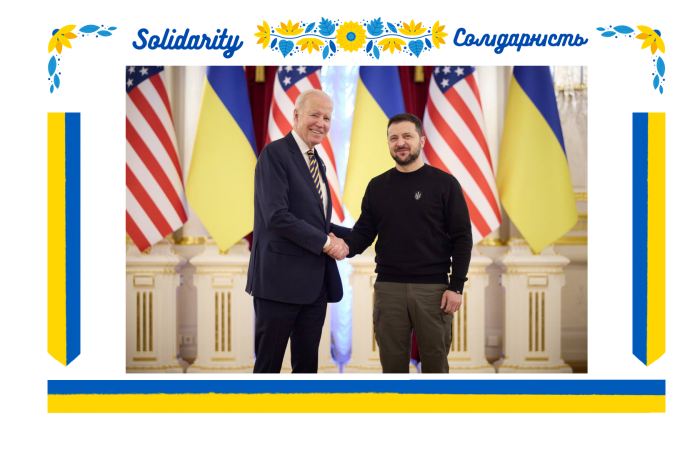Trending
Spanish PM arrives in Kyiv after confirmation of Leopard deliveries
23 February 2023
The Spanish Prime Minister Pedro Sanchez has arrived in the Ukrainian capital of Kyiv on Thursday (23 February), one day before the one year anniversary of Russia's full-scale invasion of Ukraine.
The visit from PM Sanchez comes one day after Spain confirmed that it would send six refurbished Leopard 2 tanks to Ukraine, with the goal to have the tanks in Ukraine by the end of March or early April.
Writing on Twitter, PM Sanchez said, "We will stand by Ukraine and its people until peace returns to Europe."
He has also visited Bucha, the Kyiv suburb infamously known as the site of many alleged Russian war crimes against civilians in the first weeks of the full-scale invasion. "Bucha and Irpin show the wounds and scars of Putin's barbarism. Russia is not going to win this war. All of Spain is with Ukraine," he said. Sanchez's visit is the latest in a number of high-profile visits to Kyiv in the run up to the 24 February. US President Joe Biden made a surprise visit on Monday during which he pledged another $500m of military aid. Then, on Tuesday, the Italian Prime Minister Giorgia Meloni visited Kyiv for talks with President Zelensky, during which she pledged to continue supporting Ukraine in resisting Russian attacks but ruled out offering fighter jets.



